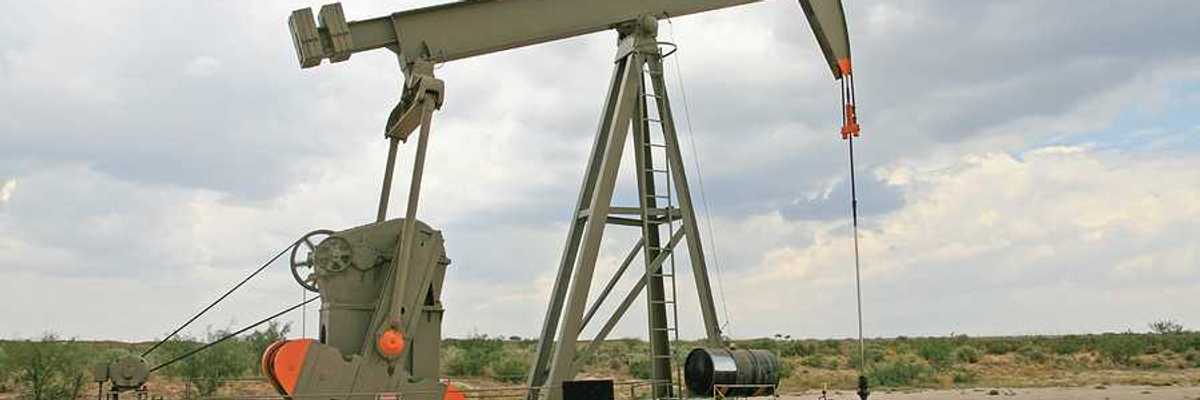war
Israel's Gaza war disrupts climate cooperation with Jordan
An ambitious climate deal between Israel and Jordan, known as Project Prosperity, has collapsed due to the ongoing conflict between Israel and Hamas.
In short:
- Project Prosperity aimed to exchange Israel's water surplus for electricity from Jordan's solar farms, but the October 7 Hamas attack halted progress.
- Jordan, heavily affected by regional instability, canceled the deal and is accelerating its own desalination project to ensure water security.
- The collapse of the deal highlights the broader impact of the Israel-Hamas conflict on regional cooperation and climate initiatives.
Key quote:
“Why would we collaborate with someone killing us and controlling our resources? How can I collaborate with someone occupying me? Controlling me?”
— Anonymous Palestinian official
Why this matters:
The conflict disrupts not only political relations but also crucial climate cooperation in a region severely affected by water scarcity and climate change. Without such collaborations, effective climate adaptation in the Middle East becomes even more challenging.
Big oil companies fail climate goals and profit from war
Oil majors are falling short of Paris Agreement climate targets while benefiting from global conflicts, a new report reveals.
In short:
- Eight major oil companies are using 30% of the remaining carbon budget for limiting global warming to 1.5°C.
- These companies plan to increase oil and gas production, leading to a projected temperature rise of over 2.4°C.
- They are also implicated in fueling military conflicts, particularly by supplying crude oil to Israel amid its war crimes allegations.
Key quote:
“If an oil and gas company were serious about transitioning its business model, the first step would be ending all new production and then setting a Paris-aligned phaseout plan.”
— David Tong, global industry campaign manager at Oil Change International
Why this matters:
As geopolitical tensions drive up energy prices, oil majors are reaping substantial profits. The windfall from conflicts, such as the ongoing strife in Ukraine, has filled the coffers of these companies, enabling them to report record earnings. This financial boon contrasts sharply with their lagging progress on emissions reductions and investment in sustainable energy sources.
Russia's war on Ukraine significantly increases global emissions
The ongoing conflict between Russia and Ukraine has led to greenhouse gas emissions exceeding those of 175 countries annually, contributing to the global climate crisis, according to a new report.
In short:
- Russia's invasion has released 175 million tonnes of CO2 equivalent, comparable to emissions from 90 million petrol cars for a year.
- Emissions result from direct warfare, reconstruction, landscape fires, and disrupted air travel.
- Russia faces a $32 billion climate reparations bill for the war's first two years.
Key quote:
"Russia is harming Ukraine but also our climate. This ‘conflict carbon’ is sizeable and will be felt globally."
— Lennard de Klerk, IGGAW lead author
Why this matters:
Military activities, including the use of heavy weaponry, explosions, and the mobilization of troops and equipment, contribute significantly to carbon emissions. The destruction of infrastructure and industrial facilities adds another layer of environmental degradation. These emissions exacerbate the global climate crisis, compounding the already urgent need for international climate action.
Global hunger crisis deepens due to climate change and conflicts
The escalating global food crisis, fueled by climate change, extreme weather, and conflicts, is pushing millions into hunger and malnutrition, signaling an unprecedented challenge in global food security.
In short:
- The U.N. World Food Program describes the current situation as a hunger crisis of unprecedented proportions, worsened by the COVID-19 pandemic, climate shocks, and conflicts like the Russia-Ukraine war.
- More than 3.1 billion people globally cannot afford a healthy diet, with the most alarming increases in hunger levels seen in the Caribbean, Western Asia and Africa.
- Extreme weather events, such as heatwaves, droughts, and floods, are significantly impacting food production, with 2023 being the hottest year on record and the return of El Niño causing further disruptions.
Key quote:
"If we do not redouble and better target our efforts, our goal of ending hunger, food insecurity and malnutrition in all its forms by 2030 will remain out of reach."
— U.N. Food and Agriculture Organization
Why this matters:
This crisis underscores the need for targeted actions to address food insecurity, a challenge that intertwines with broader issues of climate change and global stability.
Read: Legendary scientists weigh in on converging crises threatening future food security.
Russia–Ukraine war leaves scientists struggling to investigate Arctic changes
The study of how climate change has affected the Arctic is being hampered due to missing data resulting from the Russian invasion of Ukraine.
There’s a battle over carbon emerging from the war in Ukraine
Putting a figure on the carbon emissions tied to Russia’s invasion might help people outside of Ukraine understand the massive stakes of the conflict and care more about it.









